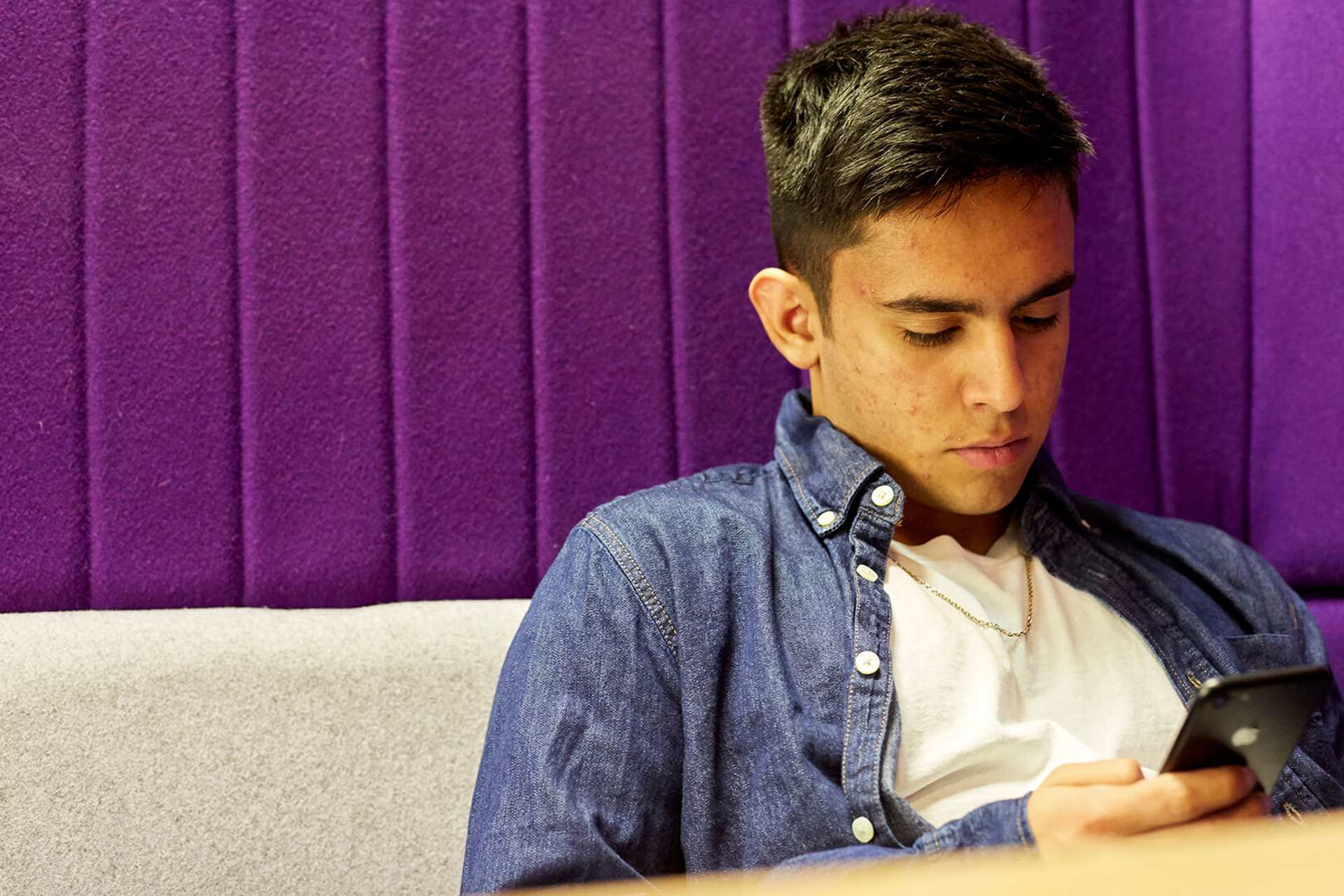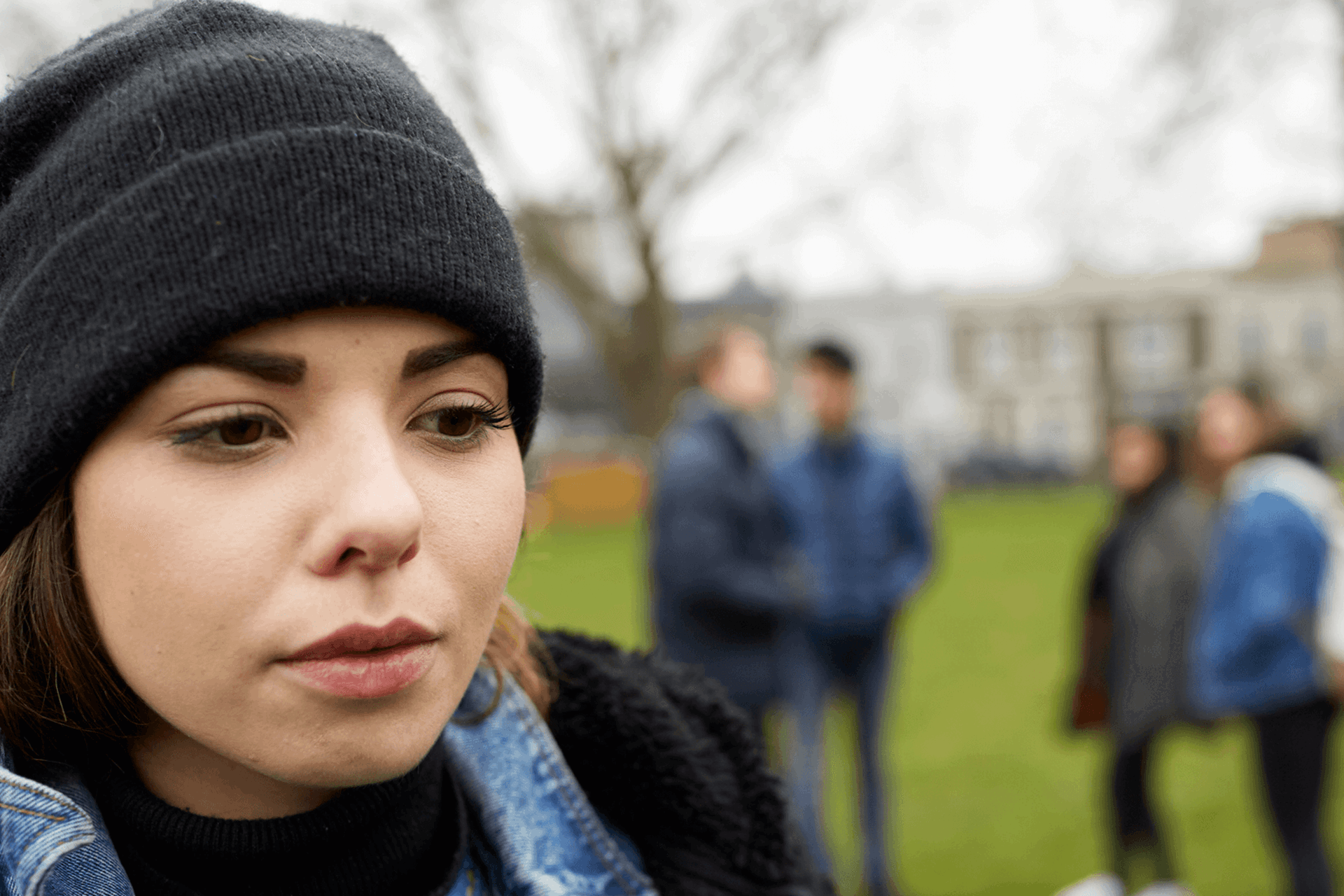Topics mentioned: medication, anxiety, depression
About: When Tara was struggling at the start of lockdown, her doctor prescribed her the SSRI antidepressant sertraline. Here she shares her experience.
Everybody responds to medication differently. This blog only represents the author's experience. For more information, have a look at our medication pages. For medical advice, always speak to your doctor.
After speaking to my doctor, I started sertraline in the hope that it would calm some of my emotions and make me more level-headed.
Starting on sertraline
At the start of lockdown (back in March) I was getting very anxious and low about the circumstances. I was struggling with the loss of my routine and a lot of my coping mechanisms (socialising and the gym).
After speaking to my doctor, I started sertraline in the hope that it would calm some of my emotions and make me more level-headed.
It can be scary starting medication (especially if you obsess over possible side effects like me!) but I found the YoungMinds website information on meds very helpful.
Personally, I found that I had a few days of heightened anxiety when I started taking it (I felt jittery and like I had lots of adrenaline going through me) but I found that running really helped with this. I also lost my appetite (although it came back after a couple of weeks) and found that I was sleeping badly (after experimentation I now know it’s better for me to take the sertraline first thing in the morning, but this can vary from person to person).
Sertraline helped me massively during the uncertain times at the start of national lockdown. Medication isn’t a magical fix, but I found it levelled my emotions so that I could think more logically and rationally without over-catastrophising every little issue.
Medication isn’t a magical fix, but I found it levelled my emotions so that I could think more logically and rationally without over-catastrophising every little issue.
My tips if you're struggling
If you’re struggling with your mental health I would definitely recommend talking to your doctor about whether medication would be right for you. I’ve previously been on fluoxetine and found that it didn’t seem to do much for me, so if you’re not feeling any different after a few weeks of taking a medication, it might be worth talking to your doctor about trying a different one.
Some people are concerned about the stigma surrounding mental health medication, however if you’re diabetic you take insulin and I believe that taking a tablet for your mental health is no different.
If you’re struggling with your mental health I would definitely recommend talking to your doctor about whether medication would be right for you.
Where I'm at now
After talking to my doctor, we decided that I don’t need the sertraline anymore. I’m now in the process of decreasing my dosage to wean myself off it (to minimise withdrawal effects) and am currently feeling very happy. I’ve found that being on medication ‘levels’ my emotions – I don’t get as hyper or happy but it stops me from being as low as I was getting.
At this moment in time I feel like I’m in a good routine. I’m managing my stress with exercise and a good diet, and as I’m lucky enough to be at school, I get to socialise. I’ve decided I’d rather experience the good times to the max as I’m managing the lows, but if at any point in the future I realise I’m not managing the lows as successfully I won’t hesitate to go back on sertraline as I know it helps me.
I hope you’re all healthy and well and managing as best you can under current circumstances. Look after yourself and remember to always make time to do what you love.
More information and advice
We have tips and advice to help you find the support you need. Take a look at our guides.
Where to get help
However you're feeling, there are people who can help you if you are struggling. Here are some services that can support you.
-
Childline
If you’re under 19 you can confidentially call, chat online or email about any problem big or small.
Sign up for a free Childline locker (real name or email address not needed) to use their free 1-2-1 counsellor chat and email support service.
Can provide a BSL interpreter if you are deaf or hearing-impaired.
Hosts online message boards where you can share your experiences, have fun and get support from other young people in similar situations.
- Opening times:
- 24/7
-
Samaritans
Whatever you're going through, you can contact the Samaritans for support. N.B. This is a listening service and does not offer advice or intervention.
- Opening times:
- 24/7






